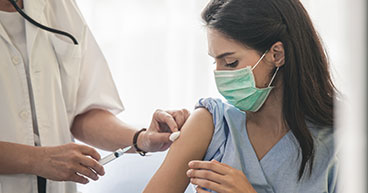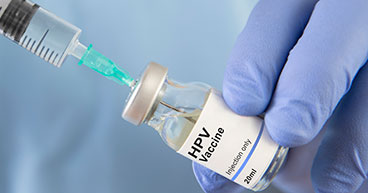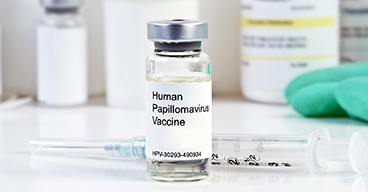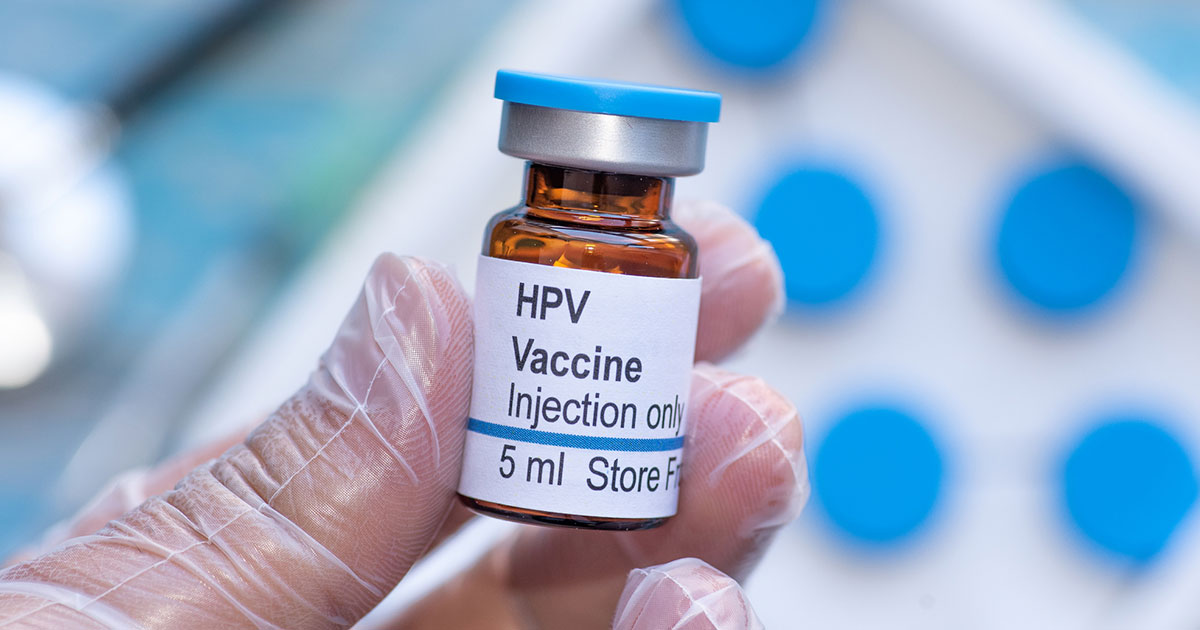
Studies predict that it may be possible to eliminate cervical cancer by 2120 primarily by engaging health strategies focused on high rates of human papillomavirus (HPV) vaccination for children and screenings for women.
But there’s still a long way to go.
In 2022, the American Cancer Society estimated more than 14,000 new cases of invasive cervical cancer were diagnosed in the United States. Additionally, according to the U.S. Centers for Disease Control and Prevention (CDC), more than nine out of every 10 cervical cancer cases were caused by HPV. This connection is extremely relevant to women who fear for their ability to have children—or worse, for their longevity—after being diagnosed with cervical cancer.
Fortunately, we now have a better understanding of how cervical cancer develops and how to prevent it with HPV vaccinations. Not only has vaccination proven to be an effective tool in recent years, it’s made cervical cancer one of the most preventable cancers.
In this article, we’ll explore these topics related to cervical cancer:
If you’ve been diagnosed with cervical cancer and are interested in a second opinion on your diagnosis and treatment plan, call us or chat online with a member of our team.
What is HPV?
HPV, a common virus that may be passed from one person to another during sex, is extremely common in the United States. According to the CDC, nearly all sexually active people will get HPV. However, in most cases, the virus resolves on its own and does not lead to cancer.
Sexually transmitted HPV types are categorized in two groups:
Low-risk HPV types, which may cause genital warts
High-risk HPV varieties, which are more likely to cause cancer
For women, low-risk HPV infections typically go away on their own within two years. However, high-risk HPV infections may last longer and may cause cancer in parts of the body where HPV infects cells, including cancer of the cervix.
The importance of HPV vaccination and when to get it
Given the prevalence of HPV and its connection to cancer, one of the best ways to lower the risk of an HPV infection that may develop into cancer is to get vaccinated. The CDC estimates
that vaccination prevents more than 90 percent of cervical cancers caused by HPV.
Other HPV-related cancers include:
The CDC recommends parents have their children (boys and girls) undergo routine HPV vaccinations at age 11 and 12, though the vaccine may be given to children as young as 9 years old. Those not vaccinated as a child may still receive the vaccine as a teen or young adult through age 26. Those who are older should speak to their doctor about whether the vaccine makes sense for them.
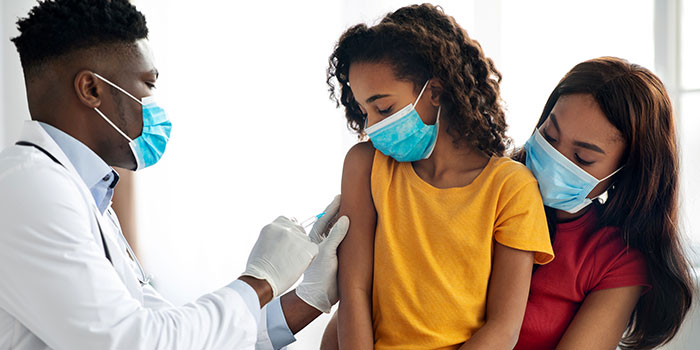
Other cervical cancer prevention methods
Other prevention techniques against cervical cancer include regular screenings with the Papanicolaou (Pap) test and the HPV test. The Pap test may discover changes in a woman’s cervix before cancer develops and make it possible to detect cervical cancer early, when treatment options may produce better outcomes.
Additionally, an HPV test screens for infections caused by high-risk HPVs, which are more likely to cause cancer.
The effectiveness and importance of the HPV vaccination in preventing cancer cannot be understated. Parents and women in general need to act to reduce risk to themselves and their children. And this month, as we’ve entered a new year and are marking Cervical Cancer Awareness Month, it’s a good time to resolve to take action.
By having their children undergo the HPV vaccine and regular screenings, and getting routinely screened themselves, parents (women in particular) are better able to protect their own and their children’s health. And, with the breadth of treatments available today, women diagnosed with cervical cancer are better equipped than ever to overcome the disease.
If you’ve been diagnosed with cervical cancer and are interested in a second opinion on your diagnosis and treatment plan, call us or chat online with a member of our team.

